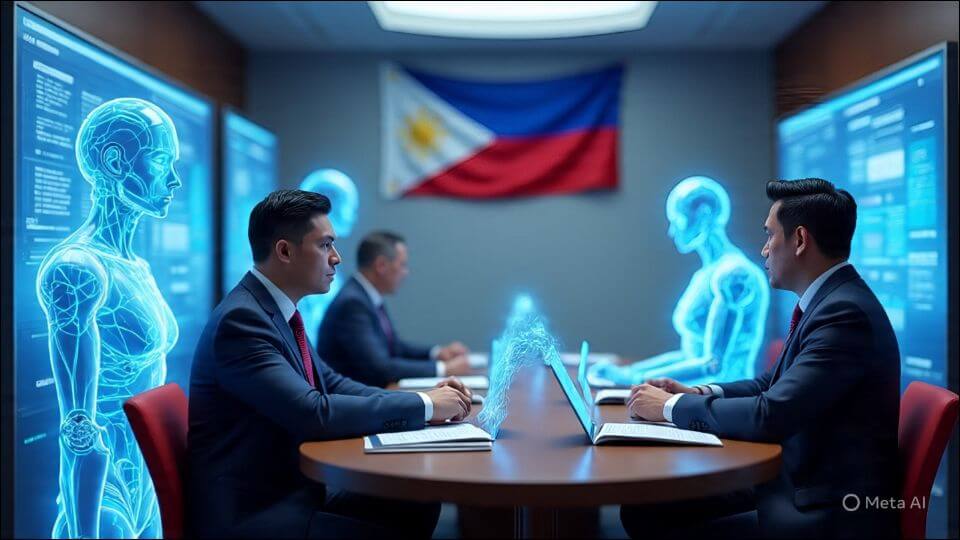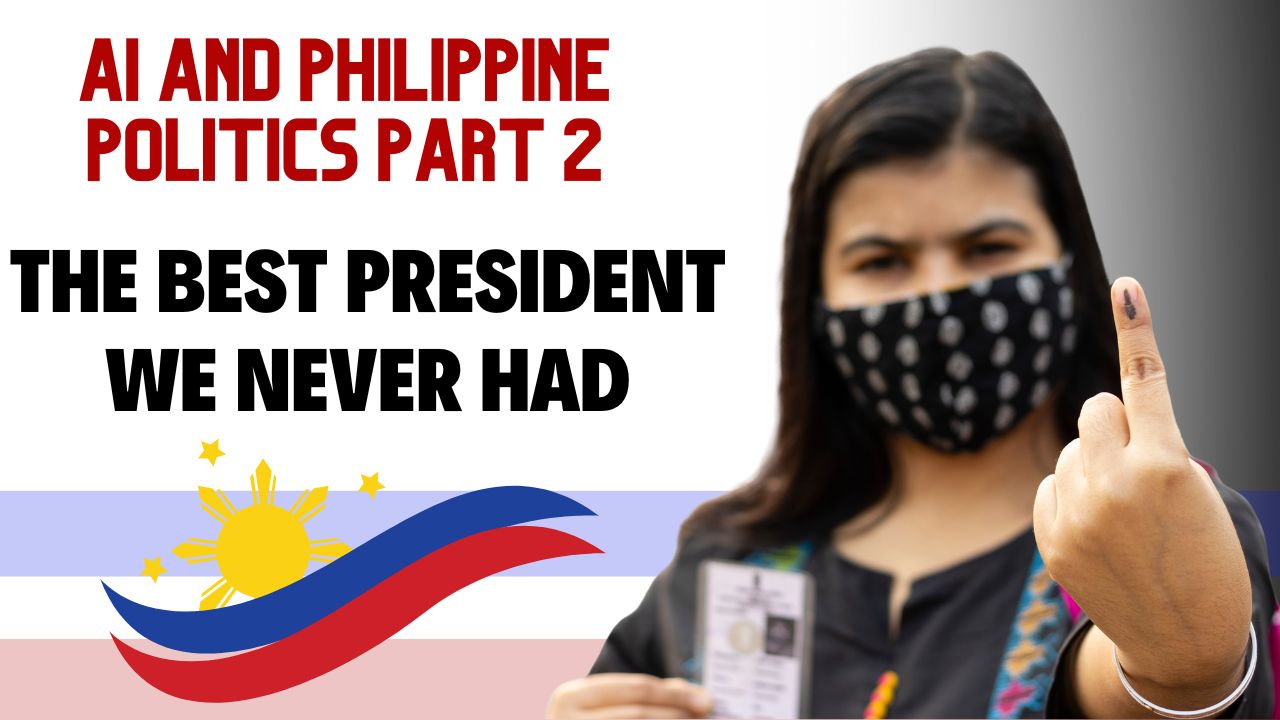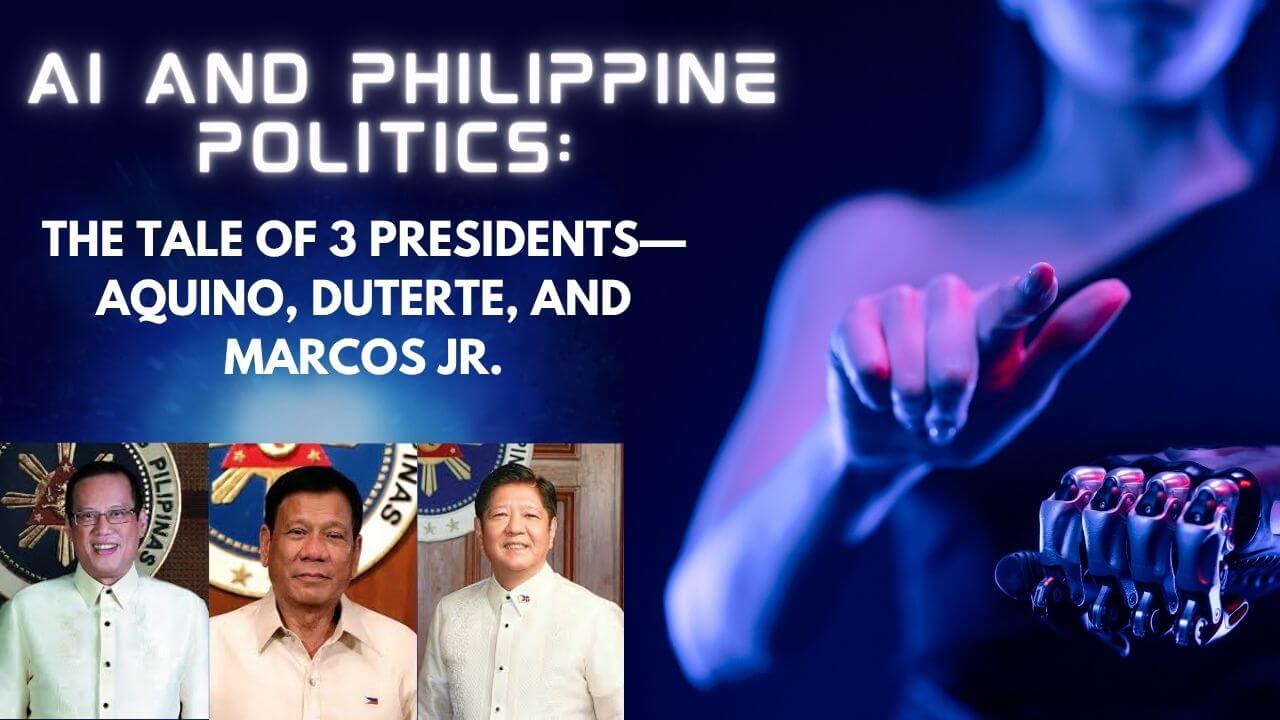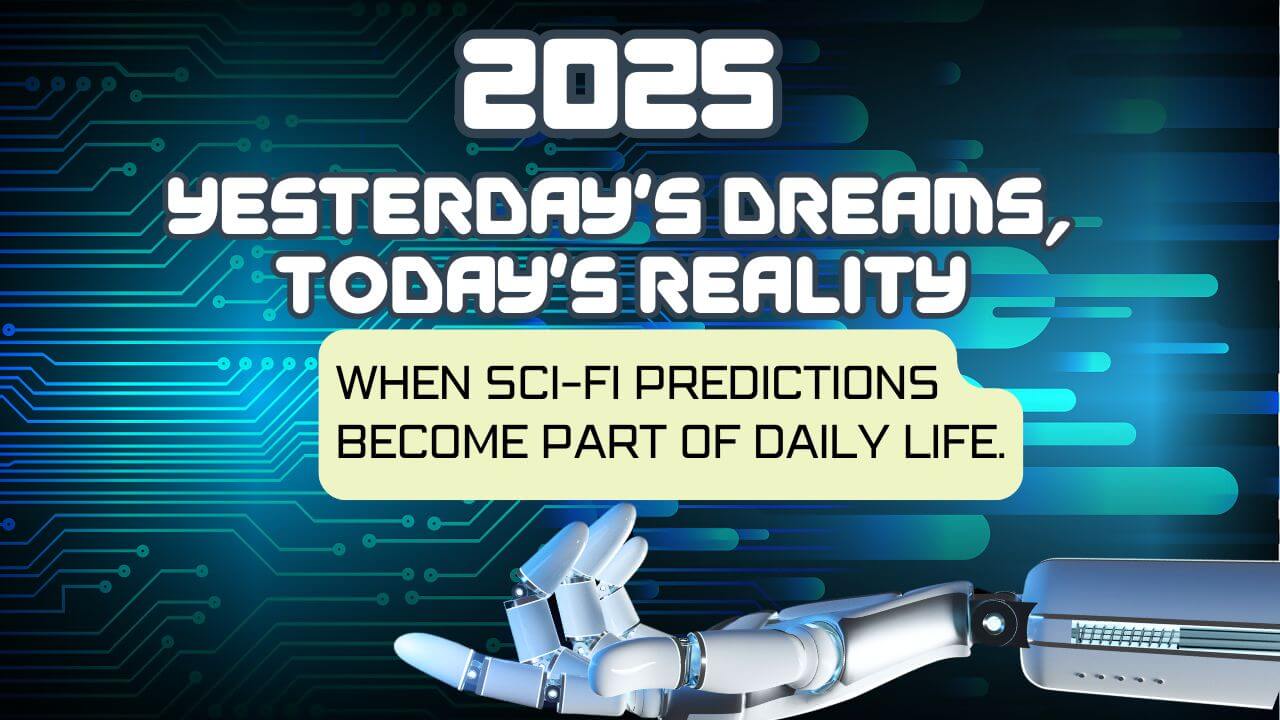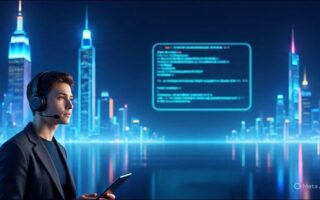This AIWhyLive.com article tackles AI’s impact on politics, human-first, no “I asked AI…” gimmicks. For those, see “AI Philippine Politics: Best President We Never Had” or “AI Philippine Politics: Tale of 3 Presidents.”
In 2025, AI isn’t just a back-office tool—it’s reshaping how campaigns are run, voters are courted, and information spreads. From microtargeted Facebook ads to hyperreal deepfakes on TikTok, technology now wields outsized influence on democratic processes worldwide, and the Philippines is no exception.
1. AI-Driven Campaigns and Microtargeting
AI systems analyze vast troves of social media data to segment voters by interests, values, and vulnerabilities.
- Personalized Ads: Campaigns deploy machine-learning models to craft tailored messages that resonate with specific barangays or demographic slices.
- Sentiment Analysis: Real-time tracking of online chatter lets strategists pivot talking points on the fly.
- Budget Optimization: Predictive algorithms allocate ad spend where it’ll spark the highest engagement and turnout.
While these tools boost efficiency, they also risk manipulating emotions and steering voters toward narrow agendas.
2. Deepfakes and the Rise of Synthetic Disinformation
Deepfake technology—AI-generated audio and video—enables fabricated speeches, bogus endorsements, and faked scandals.
- Viral Fabrications: A doctored clip of a candidate praising exorbitant tax hikes can spread faster than any retraction.
- Trust Erosion: Even debunked fakes sow doubt, making citizens question genuine footage.
- DIY Deepfake Kits: Open-source tools empower bad actors with little technical skill.
In the 2022 midterms, deepfakes drove spikes in false rumor-reporting—proof that synthetic media can sway public opinion.
3. Algorithmic Bias and Echo Chambers
AI models reflect the biases of their training data and amplify them.
- Filter Bubbles: Recommendation engines feed users more of what they already “like,” siloing opinions and hardening divisions.
- Discriminatory Targeting: Biased data can exclude marginalized communities from key voter drives.
- Automated Moderation Failures: Overzealous filters may flag genuine civic posts as “misinformation,” while leaving extremist content unchecked.
Unchecked bias undermines fairness and widens the gap between urban and rural, rich and poor.
4. Filipino Democracy Under Algorithmic Influence
The Philippines—often called the “social media capital of the world”—faces unique pressures:
- Viber and Facebook Reign: 90% of voters consult group chats for political updates, making disinformation campaigns highly effective.
- Barangay-Level Micro-Apps: Some local candidates use AI chatbots to field voter questions, blurring lines between genuine outreach and automated persuasion.
- Regulatory Gaps: Proposed AI bills (House Bill 7913, Senate Bill Cayetano) aim to mandate transparency, but enforcement remains nascent.
Local democracy now hinges on digital literacy as much as on in-person engagement.
5. Defense Strategies for Voters, Organizers & Barangay Leaders
- Community Fact-Check Networks: Organize barangay-wide “Bayanihan Verifiers” via Viber to flag suspicious content in real time.
- Digital Literacy Workshops: Teach residents how to spot deepfakes—look for inconsistent lighting, audio lapses, and unnatural facial movements.
- Transparency Demands: Push candidates to disclose when they use AI-generated ads or chatbots.
- Algorithmic Audits: Partner with universities to assess bias in local campaign algorithms and publish “AI scorecards.”
- Civic AI Tools: Leverage open-source platforms (like Project Debater or HateCheck) to detect and report misleading political messages.
🐾 Final Thought
In the Philippines—where elections can be won or stolen amid cheating allegations, and even a former U.S. president has claimed his defeat was due to a rigged vote—AI becomes a double-edged sword, accelerating both truths and lies at breakneck speed.
AI can supercharge democratic engagement—or turn it into a hall of mirrors. Through Filipino values of bayanihan and diskarte, voters and leaders can reclaim agency, building community defenses against bias and disinformation. Democracy in the AI era demands both digital fluency and collective vigilance. Let’s strengthen both.
📚 Sources
- Dominic Ligot, “The Politics of AI and AI in Politics,” GMA News Online, October 15, 2024.
- Heather Gentile, “AI Governance: The Way Forward in the PH,” Philippine Daily Inquirer, April 11, 2024.
- Filip Biały, “A Challenge of Predictive Democracy: Rethinking the Value of Politics for the Era of Algorithmic Governance,” in Intelligent and Autonomous: Transforming Values in the Face of Technology, 2023.
- Avijit Biswas, “The Impact of AI in Politics and the Future of Digital Governance,” School of Political Science.
- Jose Ferdinand M. Rojas II, “Designing the Country’s AI Policy,” Business Mirror, July 7, 2025.
